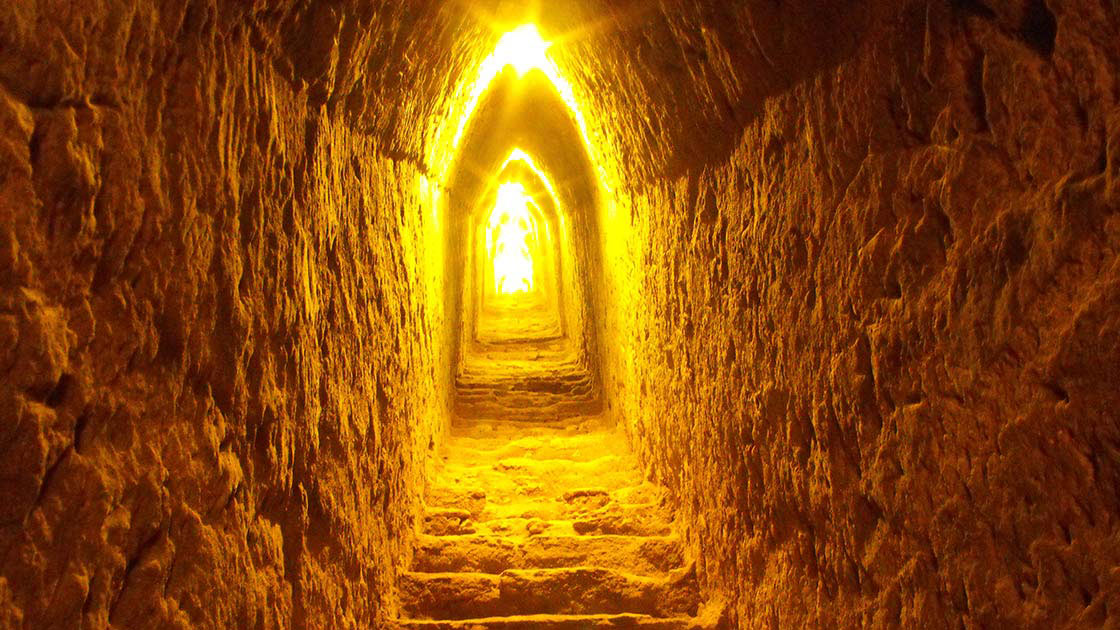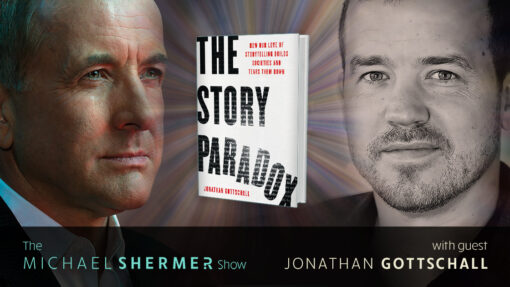apocalypse

Who are the “magicians of the gods,” in Graham Hancock’s alternative history series Ancient Apocalype on Netflix, and where did they come from? Professor of geology, Marc Defant, applies critical thinking to Hancock’s historical and literary research to identify the erroneous conclusions in both his series and in his many books, which have been highly influential in presenting Hancock’s alternative theory of history to those less prepared to evaluate the evidence (or lack thereof).
A major theme running throughout Ancient Apocalypse is Graham Hancock‘s persecution complex. Archaeologists are picking on him, he says, because “I am trying to overthrow the paradigm of history.” Hancock fails to understand that “just asking questions” is unlikely to create a scientific revolution. Especially when he appeals to a hypothetical comet catastrophe that violates the laws of physics, contradicts astronomical data, ignores the geological record, and defies logic. When scientists ask to see data, it’s not persecution. It’s science.

Shermer and Ehrman discuss: Ehrman’s religious journey • Who wrote the Bible and why? • how to read the Bible and the book of Revelation • Who wrote Revelation and why? • why Jesus spoke in parables • why worry about climate change if the world is going to end soon? • David Koresh and Waco • Reagan and end times politics • how Jesus became a capitalist and militarist • faith healers, televangelists, and other Christian con artists • Christian ethics and what Jesus really said about the poor…

“How can we save the world from stories?” Michael Shermer speaks with Jonathan Gottschall about The Story Paradox: How Our Love of Storytelling Builds Societies and Tears Them Down. Gottschall reveals why our biggest asset has become our greatest threat, and what, if anything, can be done.
“How can we save the world from stories?” Michael Shermer speaks with Jonathan Gottschall about The Story Paradox: How Our Love of Storytelling Builds Societies and Tears Them Down. Gottschall reveals why our biggest asset has become our greatest threat, and what, if anything, can be done.
In this week’s eSkeptic, we announce: our next geology tour—Central California Classics (January 17–19, 2015); our next distinguished science lecture—by Dr. Bradley Voytek (Oct 19); Weekly Insights from Blake Smith and Barbara Drescher; Michael Shermer’s October column in Scientific America; and MonsterTalk interviews Daniel H. Wilson about a robot apocalypse.
In this week’s eSkeptic, Frank Miele reviews The Last Myth: What the Rise of Apocalyptic Thinking Tells Us About America by Mathew Barrett Gross and Mel Giles (Prometheus Books, 2012, ISBN 978-1616145736).
A STARTLING EXPLORATION of the history of the most controversial book of the Bible, the religious scholar Elaine Pagels tackles The Book of Revelation, the surreal apocalyptic vision of the end of the world…or is it? Pagels returns The Book of Revelation to its historical origin, written as its author John of Patmos took aim […]











